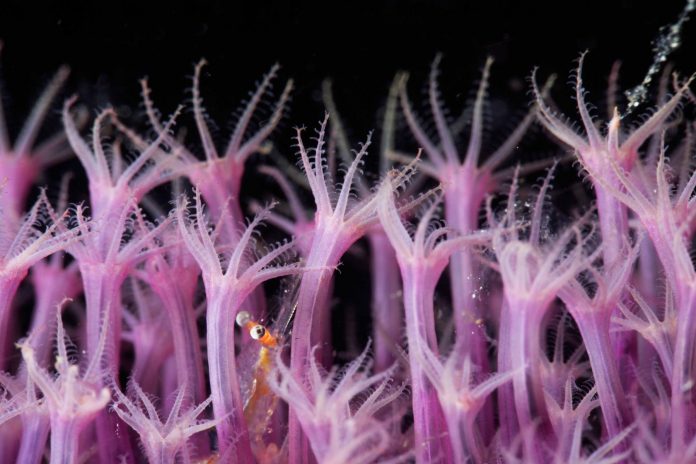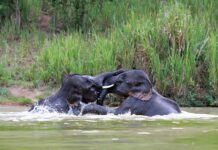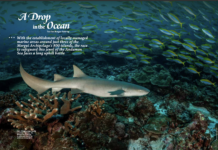Action on a regional scale
By Anuar Abdullah
So we have heard the talks. But what is happening on the active side of conservation? What are people in this region doing about the perishing coral reefs? It is a puzzling question, as conservationists and scientists are working hand in hand to create effective solutions.
Indeed, a monumental effort has been invested by local governments, individuals and enterprises to restore damaged coral reefs. Here, we’ll look into the approaches and concepts of coral conservation in the region. We’ll examine the pros and cons of coral restoration campaigns and how people are empowered to take an active role. We shall also explore levels of expertise within coral restoration and consider the obstacles to establishing successful programmes.
Regional Strategy
It would be inaccurate to say that the entire region is experiencing coral reef degradation. In the course of our research and exploration, we have found areas where corals are recovering. However, at key dive sites and tourist areas, reefs are seen to be rapidly diminishing. Some of the damage may stem from natural phenomena such as typhoons and even tsunamis. In recent times, increasing seawater temperatures, as a result of global warming, has been wreaking the most havoc on reef ecosystems. Coral bleaching has been occurring more frequently, and some reefs may never recover. Mitigating these impacts requires broad-scale countermeasures, such as coral propagation programmes.
To accomplish coral reef restoration on a scale of the extent required, we need to have simple, but effective programmes that allow for public participation. To get the community involved as a whole, such a programme has to cater to the needs of local people: It has to be cost-effectively run by individuals or organisations and not drain resources from much-needed funds.
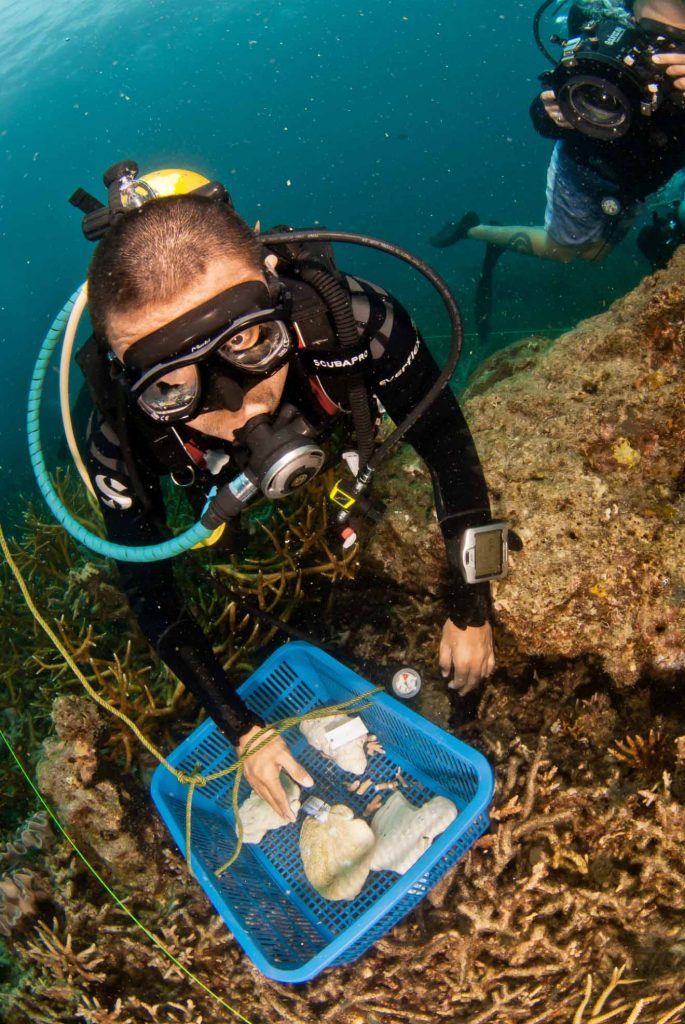
Our studies of the past failures of many conservation agencies have revealed a pattern of there being too many funds allocated to administrative issues rather than to the cause itself. So when a regional plan for coral restoration was put in motion, we designed a new and effective strategy that would sustain reasonably long-term benefits by taking into account the project goals as well as the communities and the coral propagation trainers involved.
The best solution for this immense project was to create a new kind of trade – a conservation-oriented trade that helps restore the environment but also opens up revenue streams to local people. There are two approaches that can run simultaneously within the regional programme. The first is the creation of a lucrative trade for the locals to improve the environment. The second is to make destructive practices a dying trade by cutting their source of recruitment and offering people conservative solutions with better income.
Financial Sustainability
Obstacles to coral reef restoration include a paucity of funds, a lack of expertise, overly complicated policies, prolonged advocacy, and stakeholders’ misconceptions. Among these, the most common problem holding back conservation is financial constraints.
Fortunately, in recent years, more corporate bodies in the region have been getting involved in aiding marine conservation. Corporate social responsibility has reached new levels, generating conservation awareness among local communities. In Malaysia, several banks and finance institutions are involved in marine conservation. This can be seen in Ocean Quest’s reports on their coral propagation programmes. The banking institution that has entered into coral and marine conservation most recently is Yayasan Bank Rakyat. It is the community arm of a local bank in Malaysia that has engaged in coral conservation.
From Malaysia, the regional effort has expanded into Brunei, where coral conservation groups are attempting to restore damaged reefs at Pilongan Island. This project has seen HSBC bank supporting coral rehabilitation over the long term, with active coral propa-gation taking place throughout 2014. This year, HSBC has already voiced their commitment to continue the project.
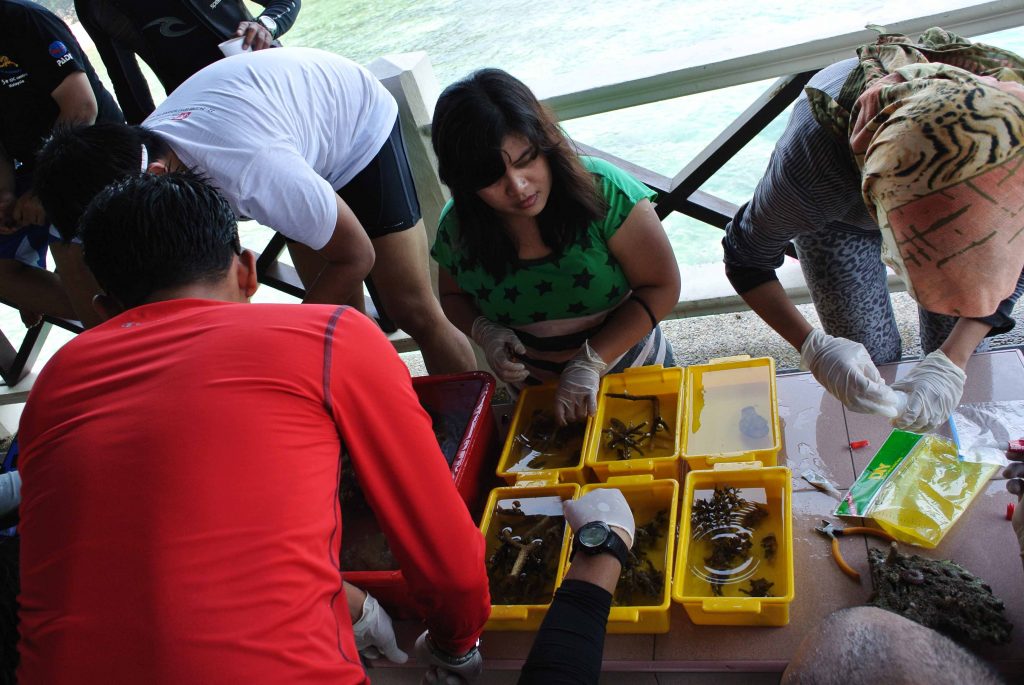
Diving centres committed to conservation have also lent a hand in this regional effort. Sierra Madre Divers in Bohol, Philippines, for example, has set a good example by including coral conservation research and coral restoration participants on dives. In return, Ocean Quest is helping to promote the location to bring more business to the dive centre. Coral restoration projects need not entail a severe financial burden if an effective, well-administered system is put in place. To achieve this regional goal, it is crucial that the communities involved be rewarded, with the establishment of practical benefits such as education, tourism income, corporate contributions, and a new eco-trade.
The Paradox of Scientific Research
Some coral conservation efforts have been marred by conflicting interests among conservation bodies. Another issue is where scientific findings have been overly exaggerated to instil fear in the public, which encourages overspending on efforts to produce results that may never be forthcoming. Such scientists do not want to find solutions, preferring instead to portray coral conservation as too complex for public involvement. This kind of obstructive ideology puts a halt to broad-scale coral conservation. To address such unhelpful practices within the scientific community, Ocean Quest has created its own venue for research and has opened its doors to all underprivileged scientists.
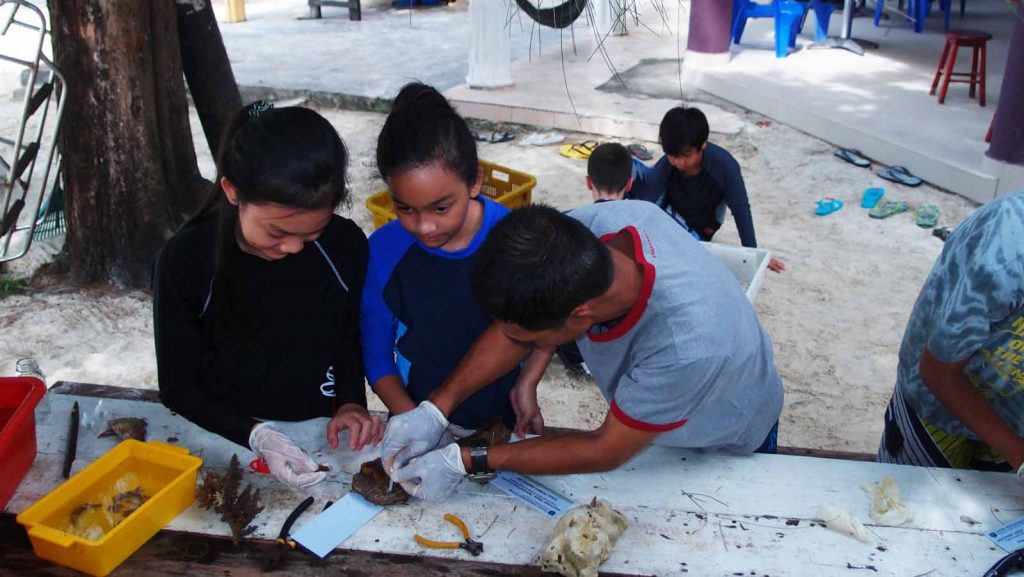
Those with sound, effective and realistic ideas can propose research at no cost. Several research venues are being set up under the Ocean Quest umbrella throughout Malaysia and soon in Brunei and the Philippines. Among the higher institutions leading this collaboration are the Universiti Sains Malaysia’s Center for Marine and Coastal Studies and Universiti Teknologi Malaysia. More institutions from Brunei, the Philippines and Sri Lanka will soon participate in this regional endeavour.
Partnering for the Reefs
Regional programmes should never be a standalone effort. Ocean Quest, Sea Shepherd Dive, Ikatere (France), Yayasan Bank Rakyat and UNESCO’s “Man and the Biosphere” programme are all in for the good cause. As the list grows, such programmes will also grow. The cause is simple: to propagate Earth-saving corals.
For more stunning stories and photographs from this issue, check out Asian Geographic Issue 111.


